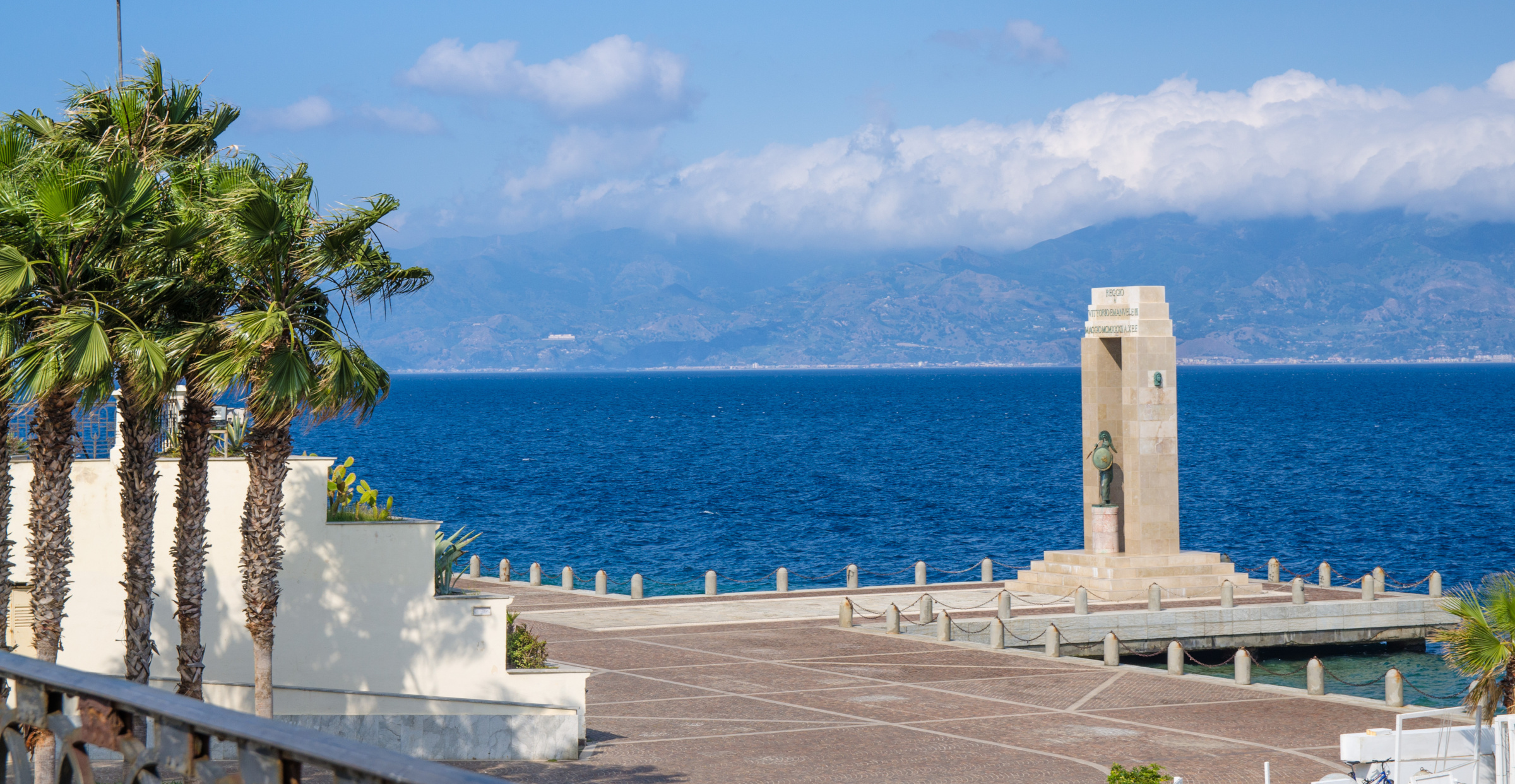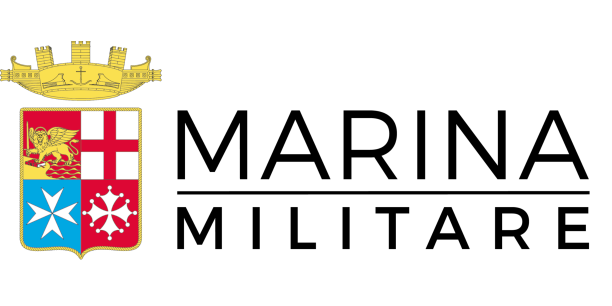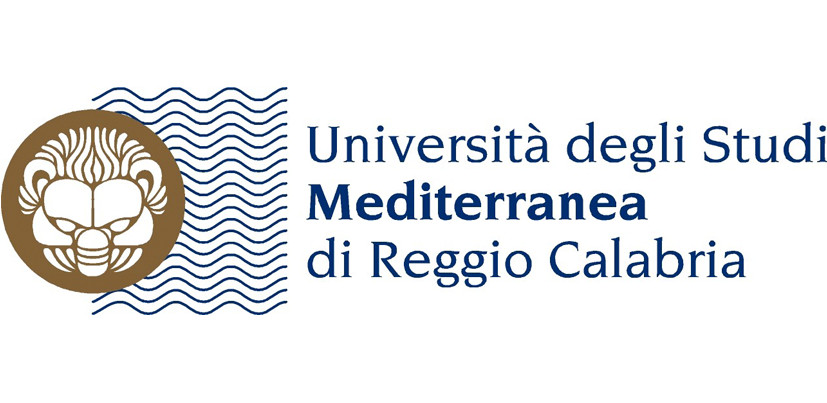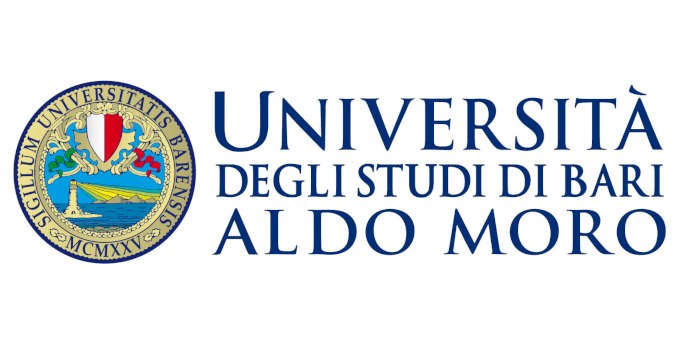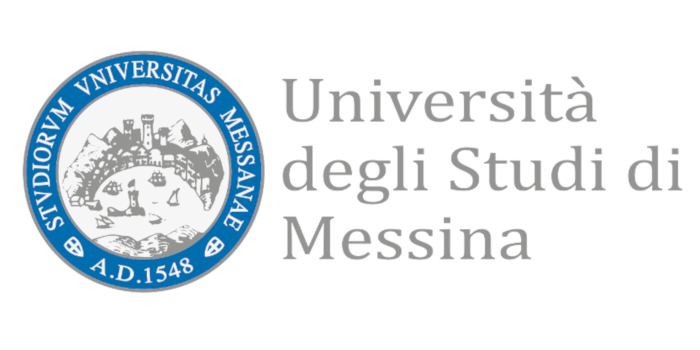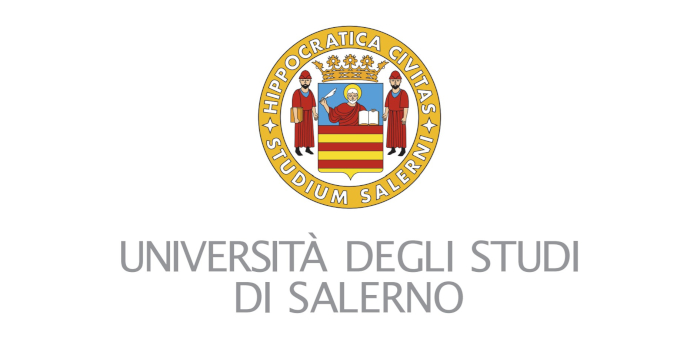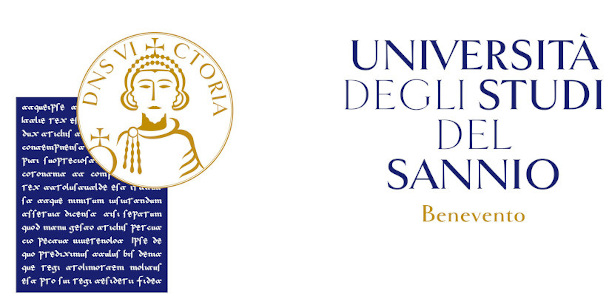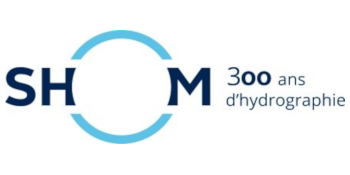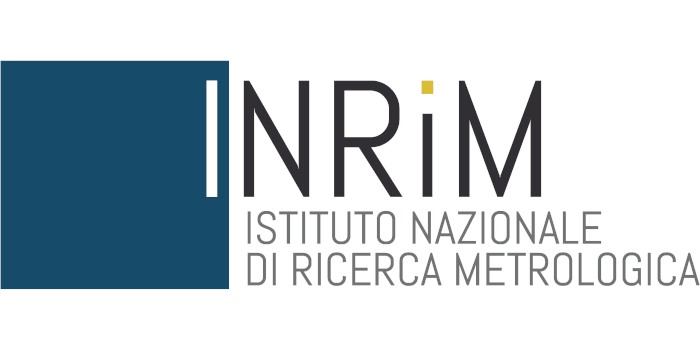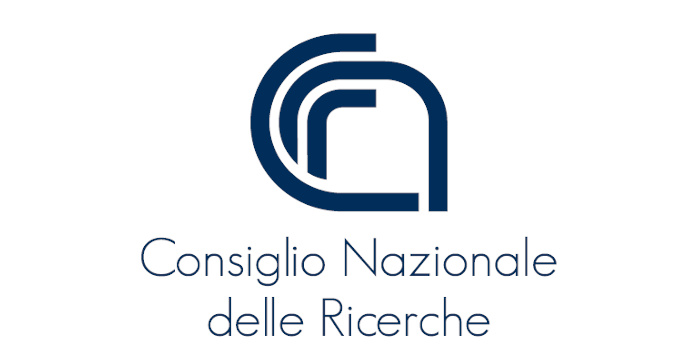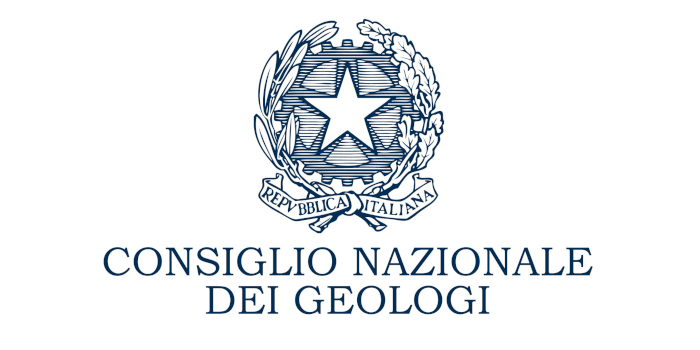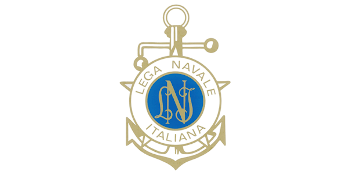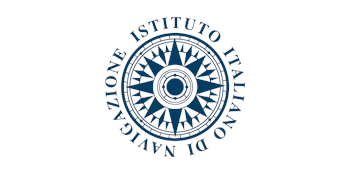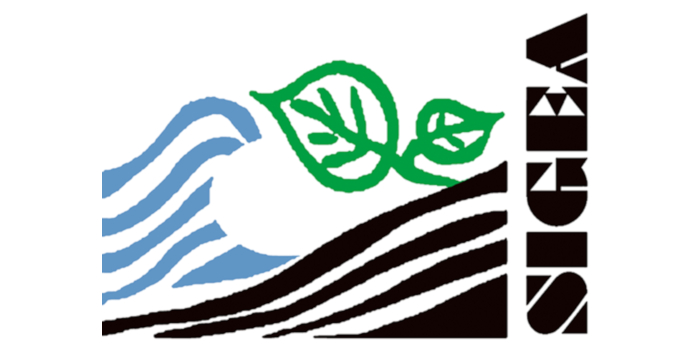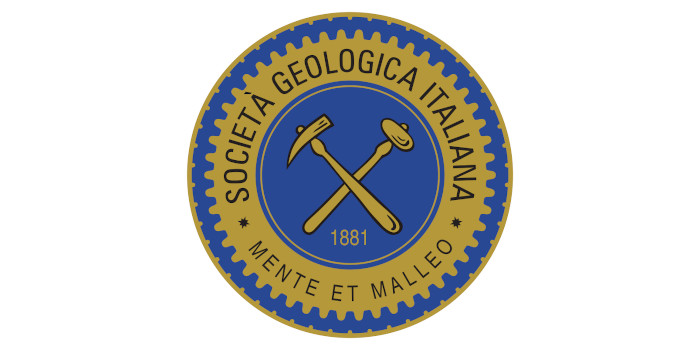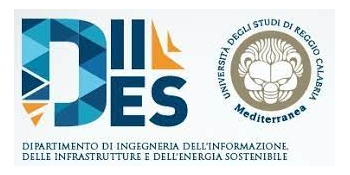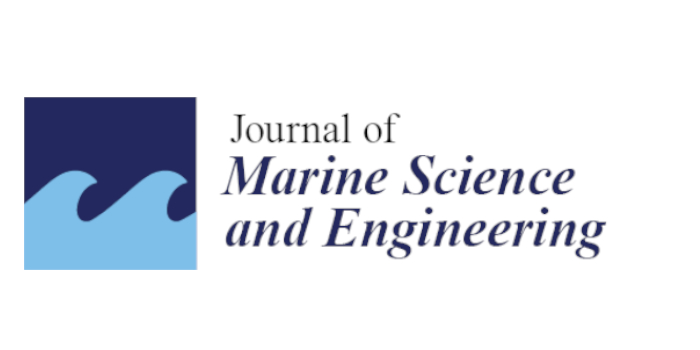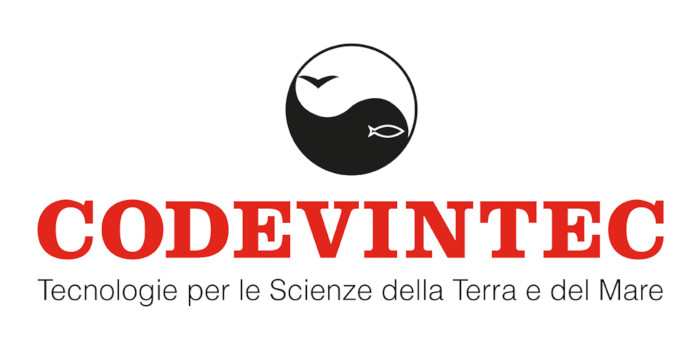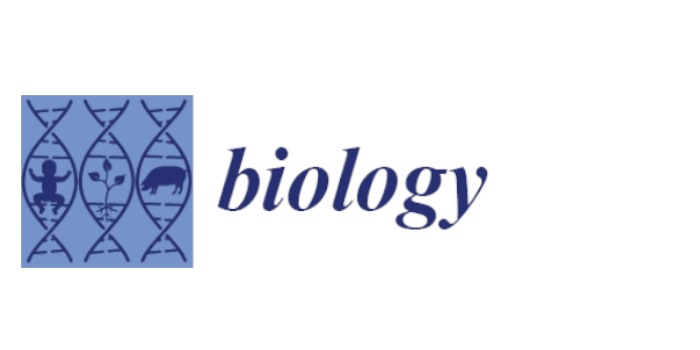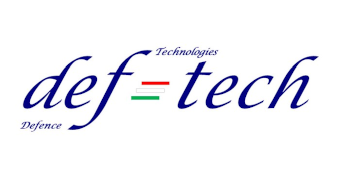Optical methods and systems for water pollution detection, characterization and monitoring
ORGANIZED BY
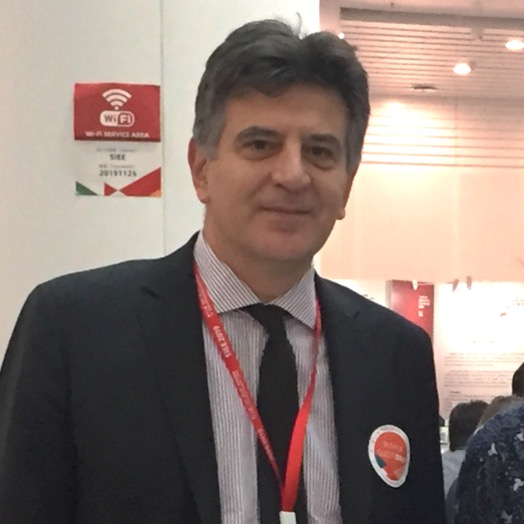
Pietro Ferraro
CNR Istituto di Scienze Applicate & Sistemi Intelligenti

Vittorio Bianco
CNR Istituto di Scienze Applicate & Sistemi Intelligenti

Angela Sardo
Stazione Zoologica Anton Dohrn
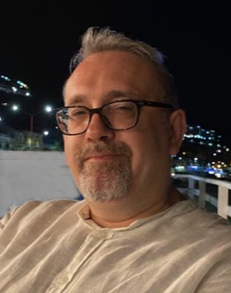
Pietro Giuseppe Gucciardi
Istitute for Chemical-Physical Processes of the National Research Council of Italy in Messina
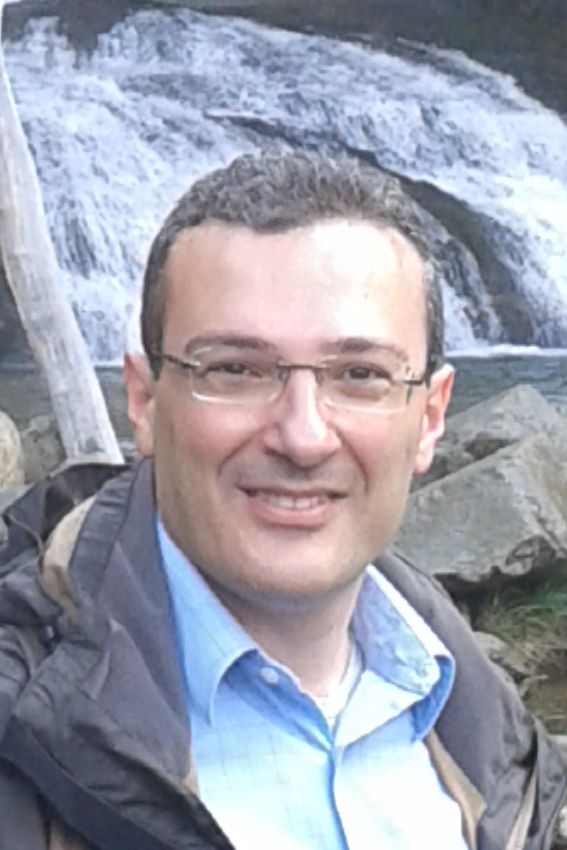
Onofrio M. Maragò
Istitute for Chemical-Physical Processes of the National Research Council of Italy in Messina
ABSTRACT
The introduction of new insights for probing aquatic environments has experienced an impressive growth in the last decade. The widespread pollution due to microplastics and heavy metals raises major concerns and require unprecedented research and development efforts. Nanoplastics pollution represents a yet unexplored research field, in which new sampling and analytical techniques are being developed. Assessing the pollution state of marine environments over a wide scale requires proper sampling and treatment protocols, new high-throughput instruments for microparticles imaging, detection and counting, software architectures for data analysis, and new biological markers through taxonomy approaches and recognition of stress-induced variations. The aim of this session is to collect contributions from experts in several fields, in order to find novel strategies to map the status, distribution and fluxes of pollutants in marine environments. Approaches having roots in the fields of optics, including inspection systems, data analysis methods, and biomarkers for water pollution monitoring will be welcome.
TOPICS
The methods include but are not limited to the following:
- Microscopy (e.g. optical, fluorescence, SEM, confocal, DIC, Phase contrast, etc.);
- Imaging flow cytometry;
- High-throughput line scanning imaging;
- Imaging methods based on coherent light (digital holography, interferometry);
- Spectroscopy techniques: FT-IR, Micro-FTIR, Nano-FTIR, , AFM-IR, NIR spectroscopy;>
- Raman based techniques: confocal Raman microscopy, Raman Tweezers, Surface Enhanced Raman Spectroscopy;
- Optical tweezers and optofluidics.
The fields of application include but are not limited to:
- Detection and characterization of microplastics;
- Biomarkers for water pollution monitoring;
- Microplankton distribution in the water column;
- Characterization of microorganisms (diatoms, microplankton);
- Taxonomy;
- Detection of absorbed pollutants (PFAS/PFOA, antibiotics, …).
Furthermore, among others will be considered:
- Furthermore, among others will be considered;
- Water sampling systems and protocols;
- Data analysis methods;
- Artificial Intelligence;
- Multisensors assays;
- Multiscale analysis;
- Data inversion;
- Nanotechnology and Nanospectroscopies.
ABOUT THE ORGANIZERS
Pietro Ferraro is Research Director at Institute of Applied Science and Intelligent Systems, National Council of Research (CNR-ISASI), Pozzuoli, Italy. He is now pursuing his interests in 3D imaging for applications in non destructive testing in aerospace, biomedical field, fiber sensors, nanofluidics, and optofluidics, and application of optical methods for detection of microplastics.. He has published about 300 papers in peer-review journals and has been an invited speaker in several international conferences. He is a co-editor of two books: Micro-/ Nanoengineering and Characterization of Ferroelectric Crystals for Photonic Applications (New York, NY, USA: Springer-Verlag, 2008) and Coherent Light Microscopy(New York, NY, USA: Springer-Verlag, 2011). Dr. Ferraro is a Fellow of the International Society for Optics and Photonics (SPIE) and the Optical Society of America (OSA). He is the Topical Editor of Biomedical Optics Express, member of the Editorial Board of the Optics and Lasers in Engineering Journal, Editor of Nature Light & Science Applications journal, has been member of the Editorial Board of the Measurement & Science Technology Journal for 12 years. He received the SPIE Dannis Gabor Awared in 2020. He is member of the Scientific Board of Italian Space Agency (Agenzia Spaziale Italiana) for the next four years.
Vittorio Bianco received the M.S. degree (cum laude) in telecommunications engineering from the University “Federico II” of Naples, Naples, Italy, and the Ph.D. degree in materials and structures engineering, in 2016. He won the IEEE Best Doctoral Thesis in Optoelectronics 2016 Award. In 2011, he worked with the German Aerospace Centre, Munich, Germany, in the fields of SAR interferometry and tomography. In 2017, he was a Postdoctoral with the University of California, Los Angeles (UCLA), USA, working in the field of lensless inline digital holography. Since 2012, he has been with the Italian National Research Council in the fields of digital holography, optics and image processing, computational microscopy, optical systems engineering, microfluidics, diagnostics and environmental monitoring. He has coauthored more than 110 works in his fields of expertise.
Angela Sardo is a Technologist of the Marine Biotechnology Department of the Stazione Zoologica Anton Dohrn (Naples). Her research activity is mainly focused on the employment of marine microalgae as a source of highly valuable products (such as bioactive molecules and potentially marketable products) and for decontamination of aquatic environments. She is actually investigating, indeed, the bioremediation of water bodies by employing the capability of microalgae to adsorb and/or to incorporate persistent pollutants. In particular, Angela is studying the possible employment of these photosynthetic organisms as biosensors for heavy metal detection evaluating their effects on algal cells and organelles with a multidisciplinary approach, which includes: biomass estimation, molecular analysis (transcriptome sequencing to find additional genes involved in heavy metal uptake and detoxification), and physical techniques (ptychography in-flow Tomographic Phase Microscopy).
Pietro G. Gucciardi is Research Director at the Istitute for Chemical-Physical Processes of the National Research Council of Italy in Messina. He has extensive experience in nano-optics, plasmon-enhanced spectroscopies (SERS) and 2D materials exfoliation for sensing applications. His research includes the development of advanced instrumentation for the spectroscopic analysis of nanoscale objects, including nanoplastics, combining different experimental techniques (e.g. Tip-Enhanced Raman spectroscopy and Raman Optical Tweezers).
Onofrio M. Maragò studied Physics in Pisa and Oxford. He joined the CNR-IPCF in 2002 where he now works as Director of Research. His research interests span from optical tweezers and optical manipulation, characterization of micro and nanoparticles, atoms, Bose-Einstein condensates. More generally he has been working on the mechanical interaction of light and matter for applications in nanoscience, soft matter, and atomic physics. He co-authored the first textbook on optical tweezers. He serves as Advisor for the OSA Student Chapter and Young Minds group in Messina and as a member of the Doctoral School in Physics, University of Messina. He is an Editorial Board Member of the journal Nanomaterials (MDPI).
